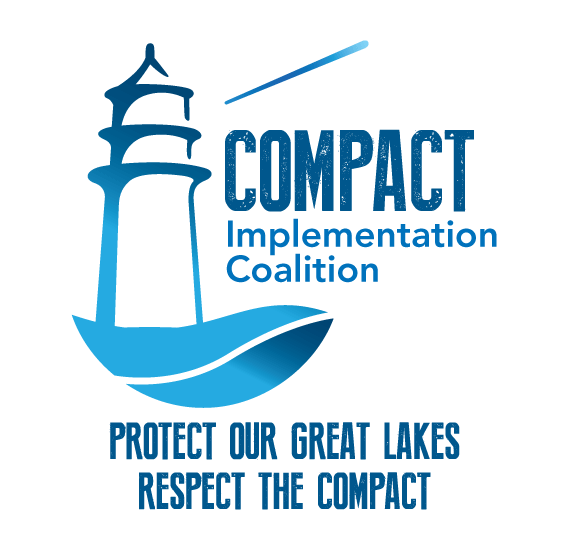Binational Commission Calls For Public Trust Framework For Great Lakes →
Circle of Blue, February 12, 2016
Author: Cody Kozacek
Waukesha Decision First Test for Compact
Inconsistency in the implementation of the Compact’s current provisions is one of the factors that Great Lakes advocates are watching closely.
“We’ve seen the passage of the Great Lakes Compact by all the Great Lakes states and Congress. Those are all really positive developments,” Joel Brammeier, president and CEO of the Chicago-based Alliance for the Great Lakes, told Circle of Blue. “But the promise of the Compact is really in the implementation, and the jury is still out on that.”
“The promise of the Compact is really in the implementation, and the jury is still out on that.”
— Joel Brammeier, president & CEO Alliance for the Great Lakes
The Compact’s first big test is a request by the city of Waukesha, Wisconsin to divert Lake Michigan water for its municipal supplies. The city is outside of the Great Lakes Basin itself, but is located in a county that straddles the divide between the Great Lakes Basin and the Mississippi River Basin. Therefore, it can apply for an exception to the Great Lakes Compact’s ban on out-of-basin water diversions as long as it meets strict requirements. Waukesha’s applicationhas been reviewed by the Wisconsin Department of Natural Resources and passed on to the governors of the eight Great Lakes states, who must unanimously approve it. A decision is expected on the diversion request in April.
The application is already being fiercely debated. In a forum held at Marquette University Law School on February 4, John Dickert, the mayor of Racine, Wisconsin, said there was a lot of concern about “cracking the egg of the Compact” and opening the door to future water diversions. Waukesha’s mayor, Shawn Reilly, rebutted that notion and said he is confident that Waukesha meets the strict criteria for a diversion laid out in the Compact.
“If a governor were to make a political decision and say we don’t want this because there might be other applications in the future, that would make the Compact actually unsafe,” Reilly said. “It would cheapen the Compact because a state could say, we’re going to pick and choose which parts of the Compact we like and which ones we don’t.”
